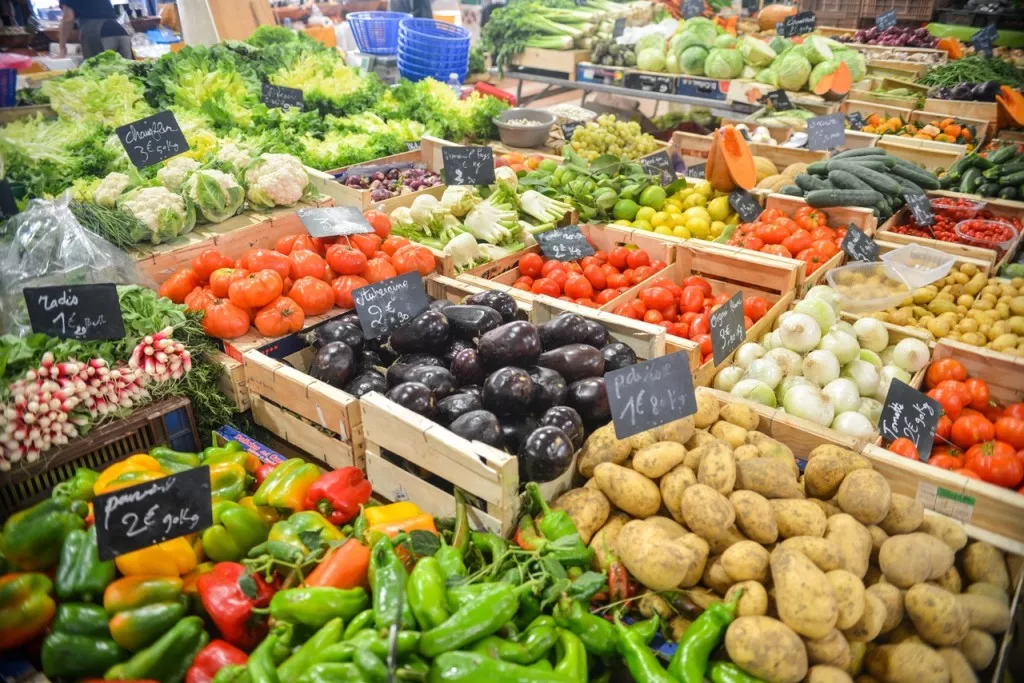How to be an Organic Gardener

It is easy to assume that any way of gardening is good for the environment, however that is not true. In order to ensure that you are not causing any damage to the environment as you create the perfect garden, you need to adopt organic gardening techniques. These avoid the use of man-mad chemicals, thus protecting the wildlife in your garden, as many chemicals can disrupt the natural food chain in your garden.
Organically grown flowers look stunning, and organic veg tastes better than it’s non-organic counterpart. You also have the peace of mind of knowing exactly what has gone into it. Here are our top points for organic gardening.
- Improve your soil. Good soil promotes healthy plant growth. Leaf mould, composted bark and compost can be dug into the soil or spread across the surface, where the weather and worms will work them in. This additional bulk will improve the drainage of heavy soils and allow dry soils to hold more moisture and nutrients.
- Make your own compost. Compost is an extremely nutritious substance for your garden, and you can easily make your own. Filling a compost bin with your old newspapers, vegetable peels, grass trimmings, egg shells, pruning and even tea bags and then leaving them to mulch down will create a great feed to spread over your plants.
- Control weeds naturally. Prevent weeds by spreading a layer of bark mulch, leaf mould or straw across your soil. If weeds appear, pull them before the have the chance to set seed.
- Control diseases naturally. Rotate your crops by changing the positions of your vegetable crops each year to prevent the build up of diseases in the soil. don’t let your plants dry out, as they will become stressed and vulnerable to disease.

